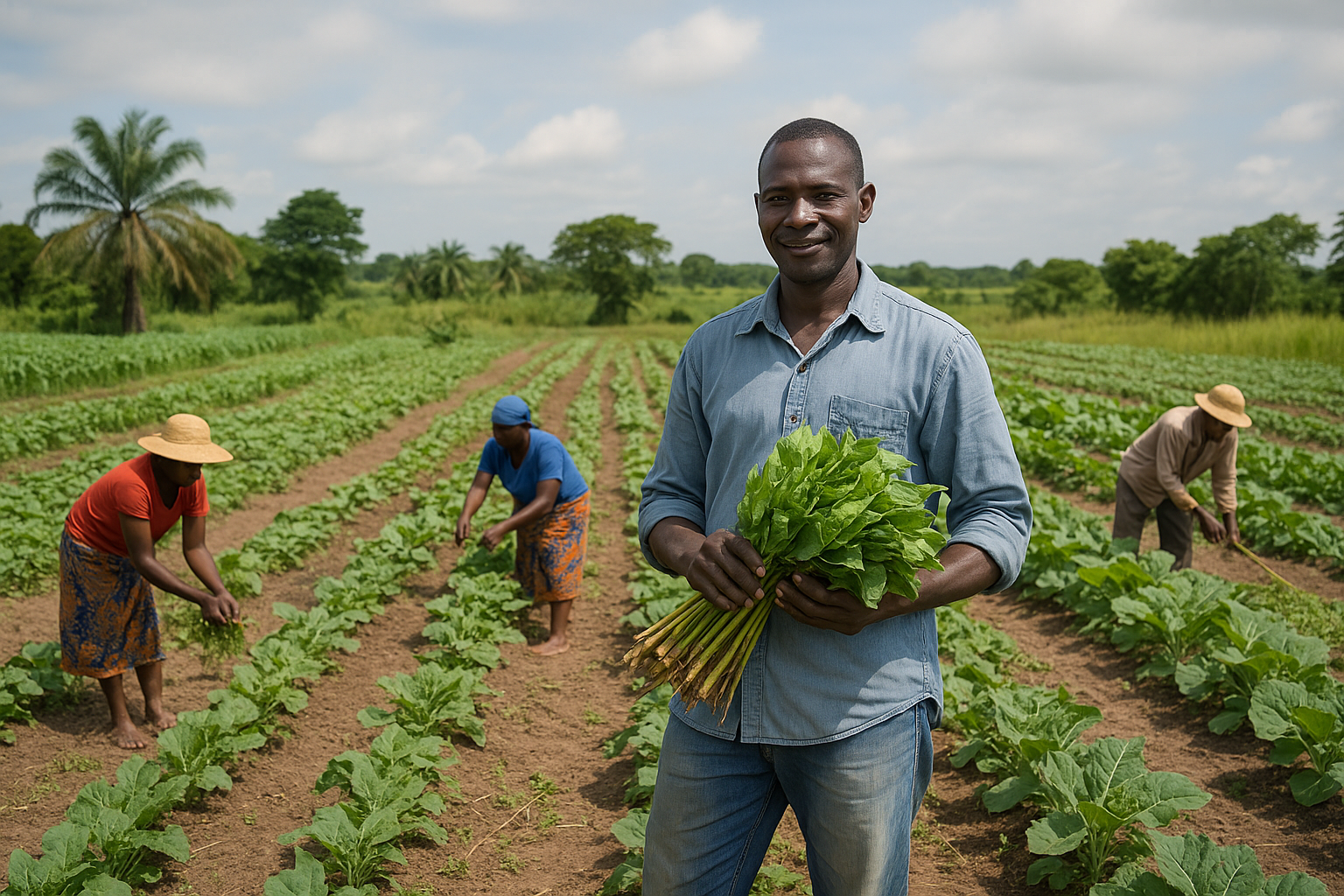New Plant Breeders' Rights Act Comes Into Effect to Boost Innovation in Agriculture
The new Act replaces the outdated Plant Breeders’ Rights Act of 1976, aligning South Africa’s plant variety protection laws with modern global standards and innovations in biotechnology and agriculture.

- Country:
- South Africa
As of 1 June 2025, South Africa has officially ushered in a new era of agricultural and intellectual property reform with the commencement of the Plant Breeders' Rights Act, 2018 (Act No. 12 of 2018) and its accompanying regulations. The move follows the formal proclamation by President Cyril Ramaphosa and approval by Agriculture Minister John Steenhuisen, marking a significant overhaul of the country’s legal framework governing plant breeders’ rights.
The new Act replaces the outdated Plant Breeders’ Rights Act of 1976, aligning South Africa’s plant variety protection laws with modern global standards and innovations in biotechnology and agriculture.
The proclamation of the new legislation was published in Government Gazette No. 52184 on 6 June 2025, and the related regulations were issued in Government Gazette No. 52850 on 13 June 2025.
Key Objectives of the New Act
The primary aim of the new legislation is to promote innovation in plant breeding, encourage investment in agricultural research, and ensure sustainable food production through a fair and modern legal framework. The updated law establishes a system under which plant breeders may apply for and be granted exclusive rights to new plant varieties, thereby incentivizing innovation while balancing the needs of farmers and consumers.
Major Reforms and Improvements in the 2018 Act
The Plant Breeders’ Rights Act, 2018 introduces several important reforms to strengthen both administrative efficiency and legal protections. The most notable features of the Act include:
-
Streamlined administrative procedures to reduce delays and bureaucratic hurdles for applicants seeking plant breeders’ rights.
-
Extended scope of protection to all genera and species, enabling breeders to register a broader range of plants, including indigenous and underutilized species previously excluded under the 1976 Act.
-
Revised periods of protection, granting:
-
Up to 30 years for long-cycle crops such as fruit trees, vines, sugarcane, and potatoes, and
-
25 years for all other crop types.
-
-
Clearer definitions of categories involving farmers, crop types, and farm-saved seed quantities, which clarify the rights and responsibilities of smallholder and commercial farmers in terms of seed reuse.
-
Establishment of a diverse advisory committee, representing plant breeders, agricultural scientists, farmers, seed companies, and intellectual property experts, to guide the implementation and periodic review of the Act.
Impacts on Food Security, Innovation, and Economic Growth
According to the Department of Agriculture, the new legislation is a cornerstone of South Africa’s broader effort to strengthen food security, support rural development, and boost productivity in the agricultural sector. By offering stronger intellectual property protection, the law encourages domestic and foreign investment in plant breeding technologies and opens the door for greater participation in global seed markets.
“Through the protection of new plant varieties, the Act plays a vital role in enhancing food security, increasing agricultural productivity, and supporting rural development growth,” said the department in its statement.
Additionally, the Act is expected to:
-
Promote job creation within seed production and biotechnology sectors;
-
Support climate-resilient agriculture by fostering the development of varieties adapted to local conditions;
-
Align South Africa with international treaties such as UPOV 1991, paving the way for harmonised trade and intellectual property exchange.
A Strategic Win for Farmers, Breeders, and the Nation
The inclusive stakeholder approach reflected in the advisory committee ensures that both commercial breeders and smallholder farmers are considered in policy decisions. This collaborative model is particularly important for South Africa’s dual agricultural economy, where both advanced agribusinesses and emerging farmers must be empowered to thrive.
Furthermore, the Act introduces transparency and predictability in licensing and dispute resolution processes—vital for protecting breeders' rights while respecting the traditional knowledge and practices of farming communities.
Access and Additional Information
The Department of Agriculture has made the full Plant Breeders’ Rights Act, 2018 (Act No. 12 of 2018) and its regulations available for public access on its website: www.nda.gov.za
Interested parties, including researchers, seed companies, universities, and farming associations, are encouraged to review the new provisions and participate in ongoing stakeholder dialogues.










